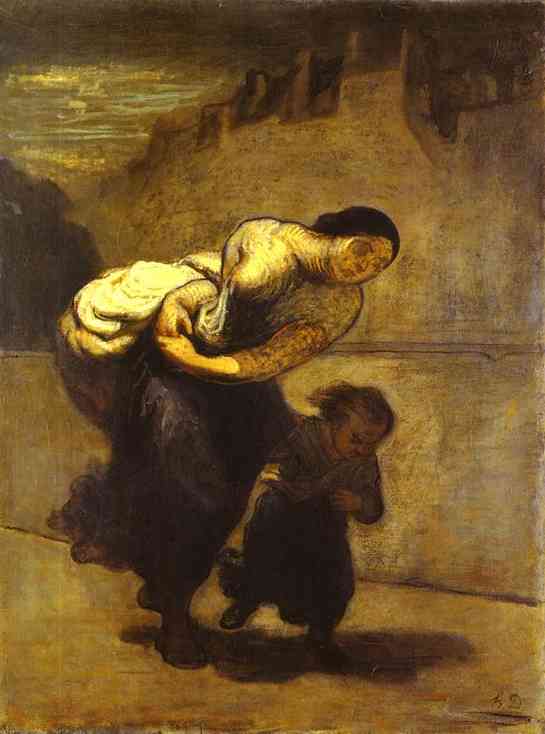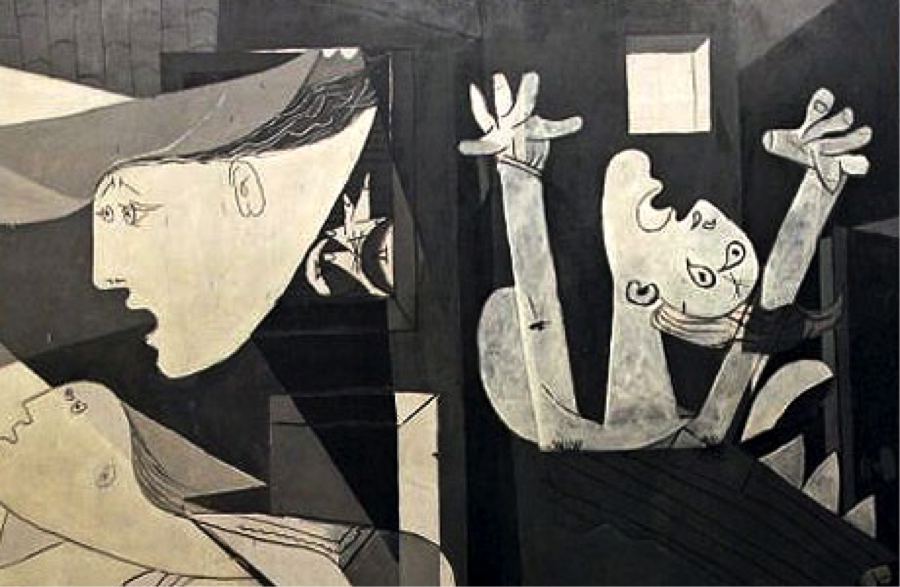John Rawls thought that political society was a cooperative venture that we all enter into for mutual advantage. He posited that although we can imagine a society in which each individual has equal access to all resources, we are willing to accept some inequality of wealth distribution if it means that everybody is more prosperous. Hence, we accept capitalism. We accept without much reflection that “there will be winners and losers”. We subscribe to the notion that some wealth inequality – that which can be generated by the innovative or the entrepreneurial – is good at a macro level. The success of a Bill Gates floats a lot of boats. This is why the Republican’s mantra “the job creators” has so much resonance for many people. Previous posts here {“The Planet Klepton” & “Americans on Drugs”} have touched on the topic of wealth inequality.
But extreme wealth inequality is not a philosophical problem any longer, there are real life consequences for the haves and the have-nots.
The consequences for the have-nots:
-Children born to low-income parents are twice as likely to end up in special education classes and three times as likely to suffer mental health problems than those in the highest income group.
-Canadians with an income of $15,000 or less have three times the risk of developing diabetes than those who earn more than $80,000.
-More than one in five American children live below the federal poverty level, making them more likely to suffer from asthma and obesity and have poorer nutrition…(and have) less access to health care and lower vaccination rates.
-Children in chronically impoverished families have lower cognitive and academic performance and more behavior problems than children who are not exposed to poverty.
-The poor are more likely to be incarcerated and the more people we incarcerate the more poverty we create. This effect is horrifically visible to African Americans.
-The Great American Vicious circle; born poor your chances of completing high school plummet. No diploma, no job. Black American males in their 30’s without a high school diploma are more likely to be in jail than to have a job.
What do the “haves” get out this skewed distribution of wealth? One doesn’t have to be a social scientist to figure what powers are conferred by virtue of great concentrations of wealth. Great wealth can control the media, flood the Intertoobz with disinformation and control what messages the peons will see and hear. Rupert Murdoch has used his wealth to construct an apparatus of propaganda that would put Soviet-era Tass to shame. Oil billionaire brothers can fund climate disinformation and lobby against environmental regulation.Those who inherit billions can afford to give millions to support politicians who oppose estate taxes.
Let us remind ourselves of the founding purpose of this country:
We the people of the United States, in order to form a more perfect union, establish justice, ensure domestic tranquility, provide for the common defense, promote the general welfare, and secure the blessings of liberty to ourselves and our posterity, do ordain and establish this Constitution for the United States of America.
More that 16 million U.S. children are growing up in poverty. Is this how we promote the general welfare? Five members of the Walton family are have more wealth than the bottom 42% of all Americans combined. Does this state of affairs reflect a “more perfect union? One in three African American males will go to prison in their lifetime. How can this be construed as justice? How are we securing the blessing of liberty for all of our fellow citizens by having the highest incarceration rate in the world?
One last question: how are we setting the stage today for future domestic tranquility?
Ferguson, Missouri.



